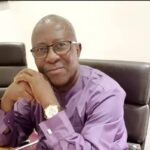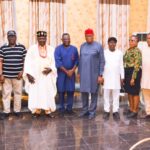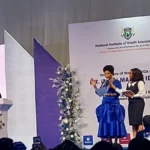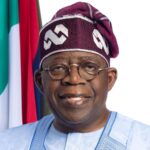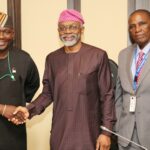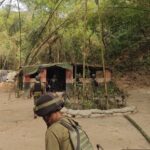FG targets 24-hour internet, power supply to special institutions
By Jessica Dogo The Federal Government has inaugurated fibre-to-home to hostels at the University of Abuja (UniAbuja) as part of plans to ensure 24- hour internet supply to special institutions nationwide before the end of 2026. The Minister of Education, Dr Maruf Alausa, said at an event in Abuja thatContinue Reading



